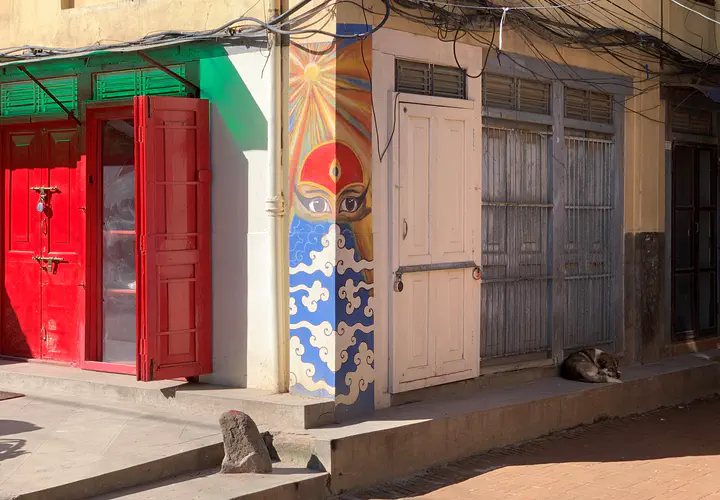The Long-term Consequences of Violent Vs. Nonviolent Rebellion
 Image credit: Christopher Shay, Lalitpur, Kathmandu
Image credit: Christopher Shay, Lalitpur, KathmanduAbstract
In this post, I discuss my recent article published in the Journal of Peace Research, in which I explore the long- term consequences of violent and nonviolent resistance movements. While violent movements trigger the normalization of severe state repression like extrajudicial killings, nonviolent movements do not. As a result, respect for human rights is likely to be much stronger in the aftermath of an unarmed resistance movement compared to an armed movement. Quantitative evidence suggests that this is true even when movements fail to achieve maximalist goals like regime change. Results also suggest that the repressive legacies of armed resistance persist even after (and despite) democratization.
Publication
In Civil War Paths